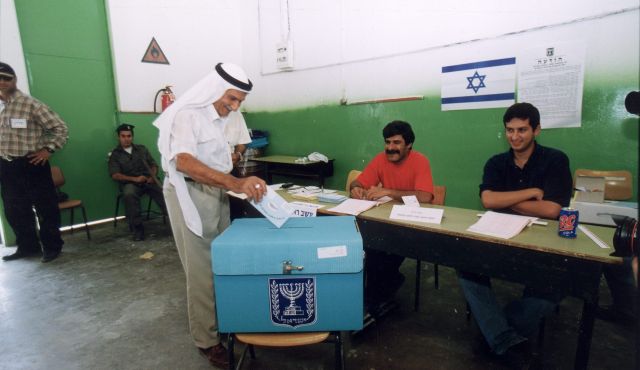
The event “Parallels: South African Apartheid and Occupied Palestine” open to the public at Hunter College this past November and hosted by the Palestinian Solidarity Alliance (PSA) was a failed attempt to connect the struggles between present-day Palestinians and Black South African residents in the 1960s. By bringing in Bonita Bennett, Director of the District Six Museum of Cape Town, the PSA strained to pair the forced eviction of residents of the multi-cultural District Six for white South Africans in 1966 to what PSA at Hunter founder and president, Rani Allan, calls the “ethnic cleansing” of Palestinians from their homeland.
While Bennett asserted, in discussing the forced evictions in District Six, that the “time was very different,” Allan as facilitator still sought to promote the BDS campaign as a means of combating Palestinian poverty and oppression. The Boycott, Divest, and Sanctions (BDS) campaign aims to pressure Israel to stop its perceived mistreatment of the Palestinians, by putting economic pressure on the country. He had to acknowledge the obvious faults in his reasoning, like the fact that BDS hurts the Palestinians more than it helps them and that Israel is the only democracy in the Middle East. Still Allan maintained, speaking on behalf of the Palestinians no less, that this is the “price they must pay to pursue freedom” in the long run.

The parallels to the destruction of District Six were a stretch at best. The integrated community of Blacks, Jews and Hindus in Cape Town’s District Six was culturally demolished to make it “Whites-Only,” driving out minorities such as Blacks, Jews and Hindus. Transitioning to the context of Israel, Israel was carved out for refugees, not a select group of Jews whose government represents them and who had other spaces to live freely. In fact, countless Israeli cities, today, have mixed Muslim, Jewish and Christian populations such as Tel-Aviv, Haifa, Jerusalem, Acre, Lod and others.
Additionally, the oppressive apartheid South African government of the late twentieth century had not a single representative of the Black community. Not only are there Arab-Israelis present in the Knesset today, but Palestinians have their own governing body, the Palestinian Authority, which Allan wrongly asserts was “imposed on [the Palestinian people].” This was also his response when asked why activists don’t try to invest in the Palestinian people as opposed to divest in Israel. Granted, while representatives of the Palestinian Authority are elected by Palestinians, those Palestinian officials have since delayed or canceled subsequent elections.

During the South African apartheid, boycotts were effectively used to pressure the government into dismantling the apartheid state. Since Israel is not an apartheid state, BDS is not exposing a double standard but doubly attacking both Palestinians and Israelis. In what apartheid state would “the oppressed” work side by side with Israelis and hold some of the highest offices in the state? The “Parallels: South African Apartheid and Occupied Palestine” event expressed not parallels but divides between old South Africa and present-day Palestinian territories.
Contributed by Ariel Avgi, CAMERA Fellow at the City College of New York

